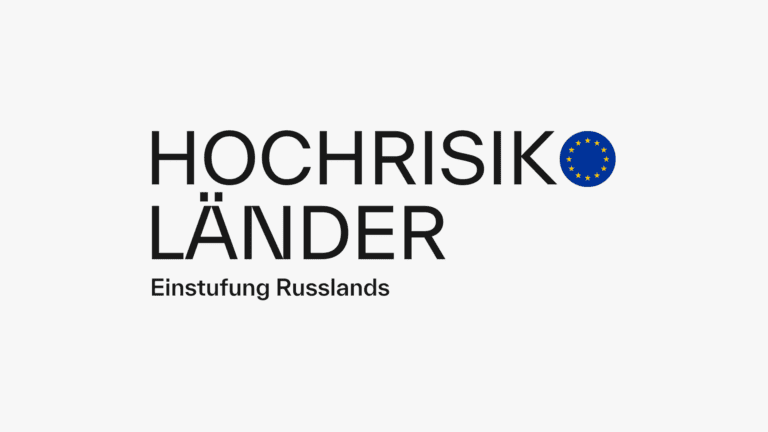Need for Change
Until now, the regulations at the European level were based on EU Anti-Money Laundering Directives, which had to be transposed into national law by each Member State. These processes were often lengthy and led to significant differences in how the directives were implemented across countries. With the new AML package, in addition to a 6th EU Anti-Money Laundering Directive, a directly applicable EU Anti-Money Laundering Regulation is being introduced, covering key regulatory areas. As a regulation, it will be directly applicable in all Member States in the same way.
Key Elements of the New AML Package
The new AML package introduces a range of regulatory measures. Below is an overview of some of the key areas:
Cash Payment Limit
A major component of the package is the establishment of an EU-wide limit for cash payments of €10,000. However, Member States may choose to set lower limits. Some countries already have significantly lower thresholds in place.
Extension of Obliged Entities
The package significantly expands the scope of obliged entities. Under the new rules, most crypto service providers will be required to implement customer due diligence obligations. This includes Know Your Customer (KYC) checks for transactions from €1,000. Professional football clubs and agents will also be subject to the regulation in the future. Member States may exempt football clubs under specific conditions.
Enhanced Due Diligence and Transparency
Credit and financial institutions will be required to apply enhanced due diligence when managing large assets for ultra-high-net-worth individuals. Transparency will also increase through stricter rules on beneficial ownership and a registration requirement for foreign companies owning real estate in the EU.
Creation of a New EU Supervisory Authority
A central part of the package is the creation of the Anti-Money Laundering Authority (AMLA), a new EU-wide supervisory authority designed to ensure uniform application of the rules. AMLA will also directly supervise certain high-risk obliged entities, such as large credit institutions.
Next Steps
The final texts still need to be formally adopted. The vote in the European Parliament is scheduled for the end of April, after which publication in the Official Journal of the European Union will follow. The EU regulation is expected to apply starting in mid-2027.
You can find more information on the website of the European Parliament.



